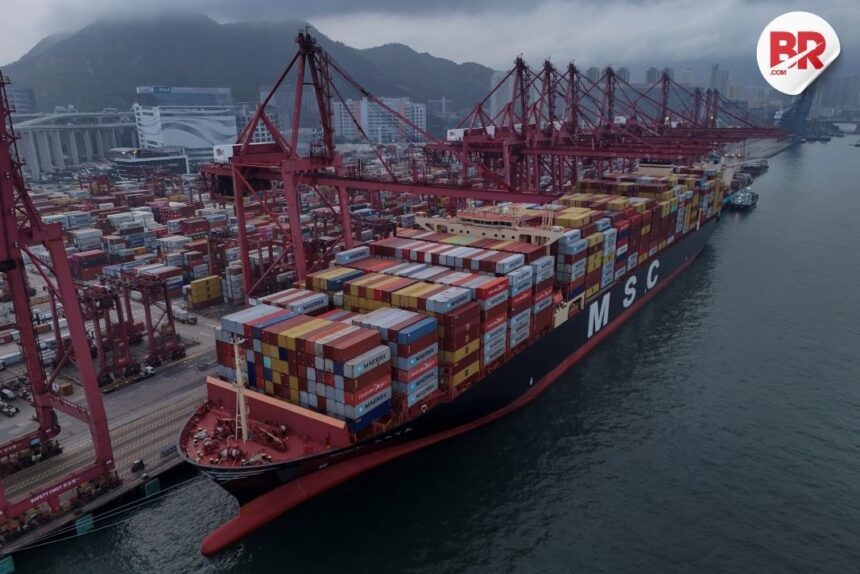
China is thinking about removing tariffs on certain goods imported from the U.S., which are currently taxed at 125%. The government has asked businesses to provide lists of products that could be exempt from these high tariffs. This is a strong sign that China is concerned about the negative effects of the trade war with the U.S. on its economy.
A task force from China’s Ministry of Commerce is collecting these lists from businesses, asking them to suggest which items should be exempt. According to a source who asked to remain anonymous, reports say China is preparing to exclude eight types of semiconductor-related products from tariffs, but not memory chips.

Read More: US Solar Tariffs Could Open Doors for Indian Exports! Is India Ready to Take Over the Solar Market?
On social media and among businesses, a list of 131 product categories eligible for tariff exemptions has been shared. These products range from vaccines and chemicals to jet engines, but Reuters has not been able to confirm this list. China’s customs department did not respond to repeated phone calls or faxes for comment.
The idea of these tariff exemptions was first reported by Bloomberg on Friday. It shows that China, like the U.S., is worried about the negative impact the trade war is having on its economy. While the U.S. has already offered some tariff exemptions for electronic products, China has previously said it will keep fighting unless the U.S. lifts the tariffs.
Also See: India’s Steel Tariff: Is This the Start of a Trade War with China?
However, China’s economy is slowing down, and there are signs it might even face deflation. Consumer demand is weak, and people are spending less, struggling to recover from the pandemic. The government is encouraging companies hurt by tariffs to focus on local markets, but businesses are finding that demand is still low and profits are shrinking.
These tariff exemptions would be a significant support for businesses, as it would allow some trade to continue. This could also help ease the economic pain for the U.S. and reduce some pressure on the U.S. government.












